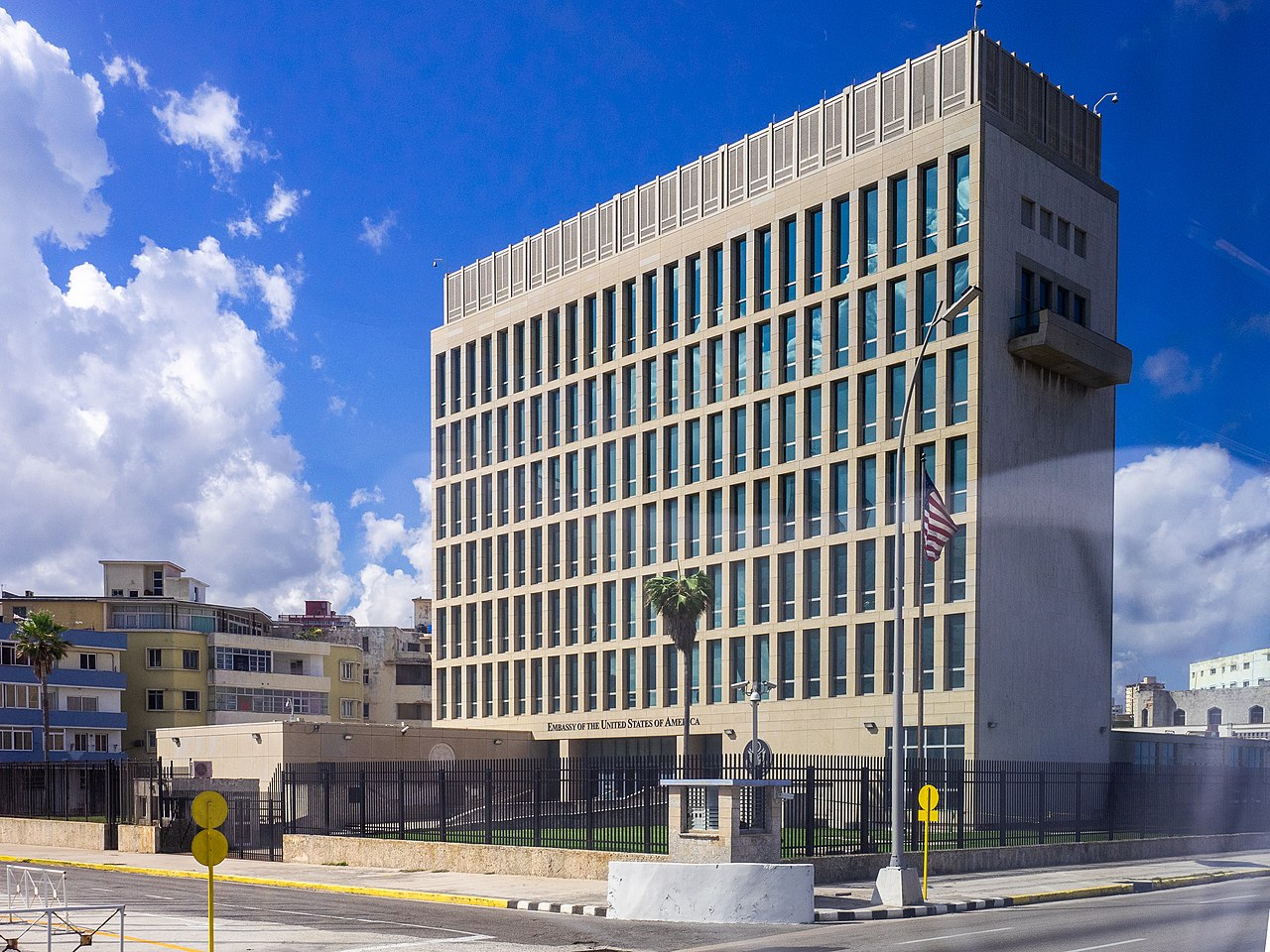WASHINGTON (Washington Insider Magazine) – For the first time in 6 decades, the White House will authorize an American corporation investing in a privately Cuban-owned and Cuba-based enterprise, according to a statement released Monday night by the White House.
According to ABC NEWS, the arrangement is pending clearance by the Cuban authorities, but it might result in more American funds coming to Cuban enterprises.
In addition, the Biden administration stated it would enable air travel to Cuba beyond Havana, reestablish the Cuban Family Reunification Parole Program, which permits Cubans to temporarily join members of the family in the United States with the possibility of acquiring permanent residence, and lift the $1,000 per quarter remittance cap per sender-receiver set and authorize for non-family remittances.
These reforms have been in the making for some time, according to a senior government official, and will be enacted in the following weeks, though some will come faster than others.
These actions, according to the administration, are intended to provide new instruments to the Cuban citizens in their pursuit of a life free from government oppression and greater financial prospects.
The measures, however, have drawn bipartisan scrutiny.
The statement, according to Senate Foreign Relations Committee Chairman Bob Menendez, risks giving the wrong signal to the wrong kind of people, at the wrong moment, for all the wrong purposes, in the aftermath of the 2021 pro-democracy upheaval.
Officials said that the administration will also promote commercial possibilities outside the state industry by allowing access to e platforms and increased cloud technology, as well as looking into ways to expand assistance for additional methods of payment for Internet-based operations, electronic transfers, and business with independent Cuban business owners.
According to senior government officials, the Biden administration will not change the Cuba Restricted List, which includes organizations with which the US government usually restricts direct monetary reactions as they would overwhelmingly benefit Cuban intelligence, military, and security agencies or personnel at the cost of the Cuban citizens or private business in Cuba, as characterized by the State Department.


























